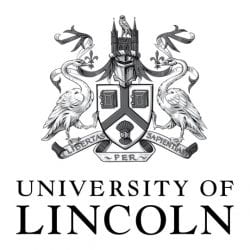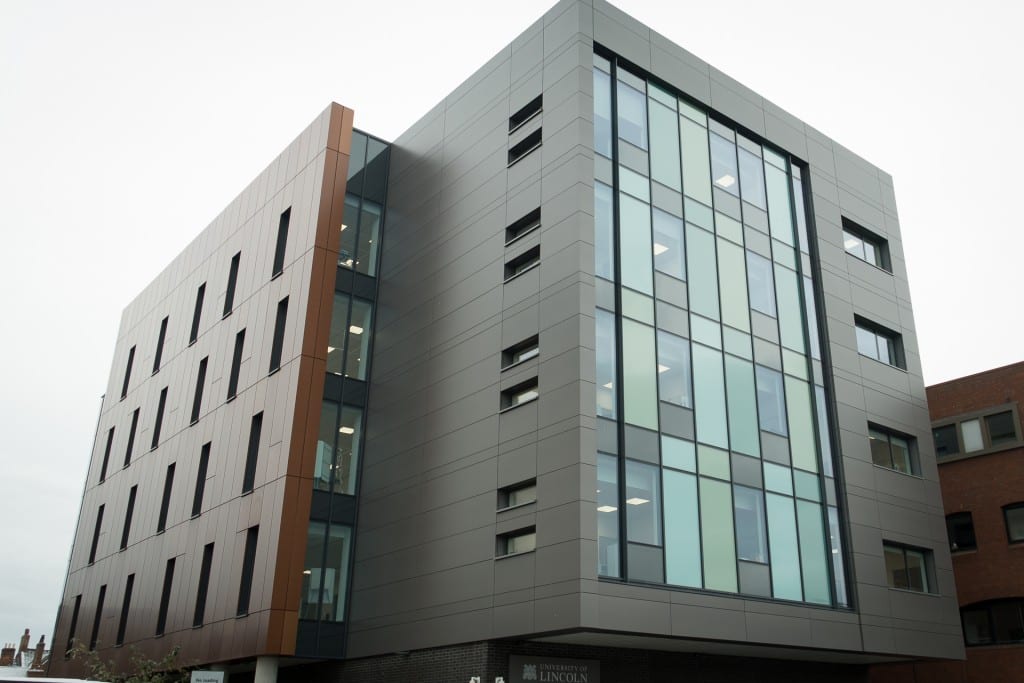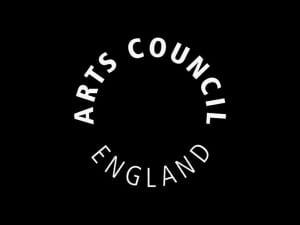The artistic talents of students, graduates and staff at the University of Lincoln have brought new meaning to an old legend of Robin Hood and his Merry Men this Christmas as the classic tale comes to the city.
Creative teams from across the University’s Drama, Music and Fashion degree programmes began delighting audiences earlier this week when they raised the curtain on this year’s festive family show at the Lincoln Performing Arts Centre.
Performed by a cast of final-year Drama students from the University’s School of Fine and Performing Arts, The Adventures of Robin Hood and Maid Marian: Winter in Sherwood strengthens the link between the tale and the city – going beyond the Lincoln Green cloth the characters are famed for wearing.
The production tells the story of Robin Hood and his fight against the villainous Sheriff of Nottingham to re-establish the rights of free men, which would become reality in 1217 when King Henry III issued the Charter of the Forest. Only two of the original copies of the Charter have survived, one of which is housed in Lincoln Castle alongside Magna Carta.
The show also pays homage to Nicola de la Haye – the first female Sheriff of Lincoln and Castellan of Lincoln Castle in 1217 – casting Robin’s adversary as a female Sheriff of Nottingham.
This year the show is set on a thrust stage, bringing the action closer to the audience and creating large-scale set pieces to transform the auditorium and transport theatre-goers directly into a snowy Sherwood Forest.
Staff and students have worked on every component of the production, from set design and lighting to costume and choreography, to bring this timely adaptation to life.
For the second time, the production will run alongside a Christmas performance aimed specifically at younger children. This year, University of Lincoln Drama graduates Jozey Wade and Martyn Bignell will take on the roles of Anja and Karl in The Winter Whale. The production tells the story of two best friends who find themselves cast adrift on an epic journey through rolling waves and frozen seas in search of the magical Winter Whale who can help guide them safely back home.
Robin Hood is written and directed by Professor Dominic Symonds, Professor of Musical Theatre in the School of Fine and Performing Arts, with music composed and directed by Mark Wilde, lecturer and vocal coach in the School and an Olivier Award-winning opera singer.
Professor Dominic Symonds said: ““Whatever version you’ve seen, you’re likely to have an image of Robin Hood in your head—a sword-swinging hero who battles for the good of the people with his gang of Merry Men.
“For us, this is a story of the countryside and the people who live in it—of the crofters and farmers, the villagers and the foresters, who suffered until the land was made available through the Charter of the Forest in 1217.
“2017 has been another year of celebrations for the city of Lincoln, marking the 800th anniversary of the Charter, and it felt fitting to draw it to a close with a festive retelling of this particular story.”
Tickets are priced from £8.50. For more information on both productions and to book tickets, visit https://lpac.co.uk/whats-on/ or contact the Lincoln Performing Arts Centre on 01522 837600.
*Photo courtesy of Hannah Phizacklea
 Ensuring members of the public can explore, understand, value and gain from research is vital to universities today. Public engagement makes university research and researchers more accessible to wider society, increasing public support for research and opening up new partnerships and ideas. Public engagement supports recruitment and research excellence, with 47% of REF2014 university impact case studies including public engagement.
Ensuring members of the public can explore, understand, value and gain from research is vital to universities today. Public engagement makes university research and researchers more accessible to wider society, increasing public support for research and opening up new partnerships and ideas. Public engagement supports recruitment and research excellence, with 47% of REF2014 university impact case studies including public engagement.





